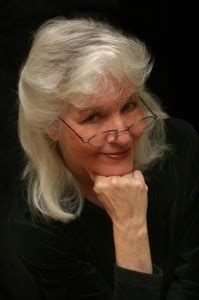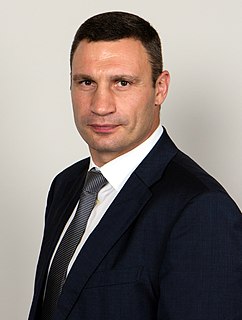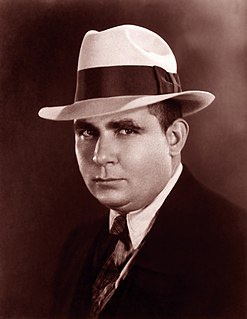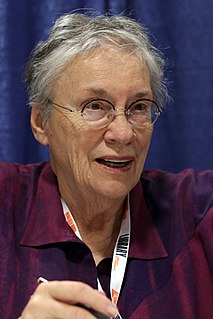A Quote by Mary Blakely
After I discovered the real life of mothers bore little resemblance to the plot outlined in most of the books and articles I'd read, I started relying on the expert advice of other mothers--especially those with sons a few years older than mine. This great body of knowledge is essentially an oral history, because anyone engaged in motherhood on a daily basis has no time to write an advice book about it.
Quote Topics
About
Advice
After
Anyone
Articles
Basis
Because
Body
Book
Books
Bore
Daily
Daily Basis
Discovered
Engaged
Essentially
Expert
Few
Great
History
Knowledge
Life
Little
Mine
Most
Motherhood
Mothers
No Time
Older
Oral
Oral History
Other
Plot
Read
Real
Real Life
Relying
Resemblance
Sons
Started
Than
Those
Time
Write
Years
Related Quotes
Real mothers don't just listen with humble embarrassment to the elderly lady who offers unsolicited advice in the checkout line when a child is throwing a tantrum. We take the child, dump him in the lady's cart, and say, "Great. Maybe you can do a better job." Real mothers know that it's okay to eat cold pizza for breakfast. Real mothers admit it is easier to fail at this job than to succeed.
As important as the father is in the life of a child, even he must take second place to mother during the first three years of life.... Consequently, mothers actually have more to do with producing a predisposition toward homosexuality than fathers. Two kinds of mothers are particularly harmful - smother mothers and dominating mothers.
My book, Oral History: Understanding Qualitative Research is about how researchers use this method and how to write up their oral history projects so that audiences can read them. It's important that researchers have many different tools available to study people's lives and the cultures we live in. I think oral history is a most needed and uniquely important strategy.
We're contemptuous of 'distracted' working mothers. We're contemptuous of 'selfish' rich mothers. We're contemptuous of mothers who have no choice but to work, but also of mothers who don't need to work and still fail to fulfill an impossible ideal of selfless motherhood. You don't have to look very hard to see the common denominator.
Read Becoming a Writer by Dorothea Brande. Then do what it says, including the tasks you think are impossible. You will particularly hate the advice to write first thing in the morning, but if you can manage it, it might well be the best thing you ever do for yourself. This book is about becoming a writer from the inside out. Many later advice manuals derive from it. You don't really need any others, though if you want to boost your confidence, "how to" books seldom do any harm. You can kick-start a whole book with some little writing exercise.
Mothers tend to encourage their sons to run away and romp.... Mothers of little boys often complain that "There's no controlling him." "He's all over the place...." The complaints are tinged with more than a little pride at the boy's marvelous independence and masculine bravado. It's almost as though the mother enjoyed being overwhelmed by her spectacular conquering hero.
With infinite life comes an infinite list of relatives. Grandparents never die, nor do great grandparents, great-aunts…and so on, back through the generations, all alive and offering advice. Sons never escape from the shadows of their fathers. Nor do daughters of their mothers. No one ever comes into his own…Such is the cost of immortality. No person is whole. No person is free.
Most of us in the baby-boom generation were raised by full-time mothers. Even as recently as 14 years ago, 6 out of 10 mothers with babies were staying at home. Today that is totally reversed. Does that mean we love our children less than our mothers loved us? No, but it certainly causes a lot of guilt trips.
What I find to be very bad advice is the snappy little sentence, 'Write what you know.' It is the most tiresome and stupid advice that could possibly be given. If we write simply about what we know we never grow. We don't develop any facility for languages, or an interest in others, or a desire to travel and explore and face experience head-on. We just coil tighter and tighter into our boring little selves. What one should write about is what interests one.

































